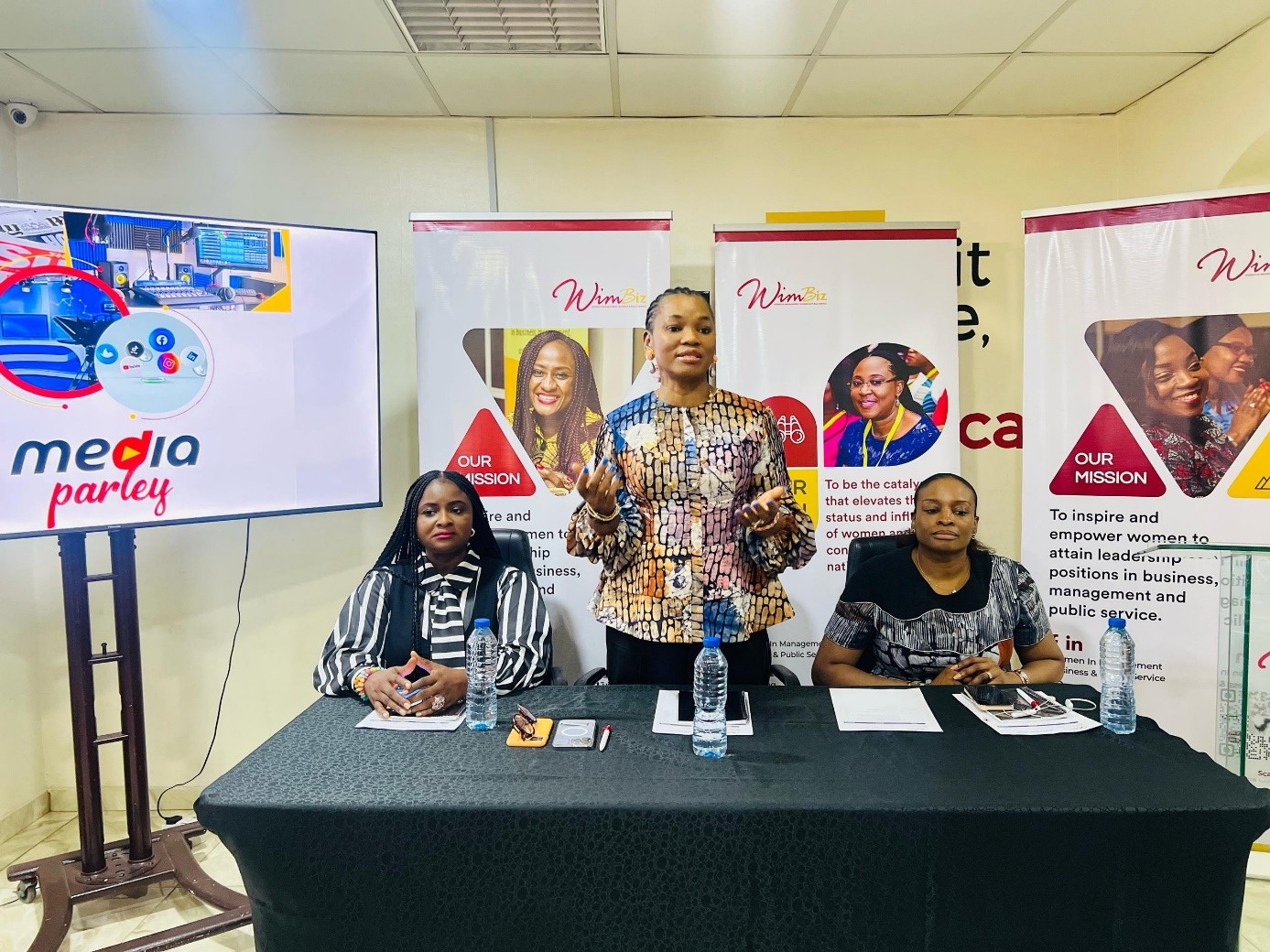Ayodeji Ake
The Lagos State Commissioner for Health, Prof. Akin Abayomi, has said that Lagos is well on track to achieve malaria pre-elimination status with a prevalence rate currently at 1.3 per cent.
The commissioner made this assertion during an event yesterday organised by the Lagos State Ministry of Health, in collaboration with Society for Family Health and Goodknight Nigeria, to marked the Y2025 World Malaria Day, themed: ‘Malaria Ends With Us: Reinvest, Reimagine, Reignite’, with a vibrant awareness walk and a strategic stakeholders and media engagement aimed at galvanising action towards malaria elimination.
“Lagos is now at 1.3 per cent malaria prevalence and fast approaching pre-elimination as defined by the WHO.
“Lagos has transitioned from 15 per cent malaria prevalence in 2010 to just three per cent in 2023. Now, as of March-April 2025, the most recent data shows that we are at an encouraging 1.3 per cent prevalence rate,” declared Abayomi.
“This means Lagos is clearly on the path to malaria pre-elimination, a historic milestone in our public health journey,” he added.
Describing malaria as a vector-borne disease transmitted by the female Anopheles mosquito, the commissioner emphasised the importance of accurate diagnosis and the use of Artemisinin-based Combination Therapy (ACT) for confirmed cases.
“Early detection and correct treatment not only protect the infected person but prevent further transmission of the parasite to others,” he explained, stressing the need for citizens to trust malaria test results and avoid over-treatment.
He noted that despite the downward trend in malaria cases, the misuse of anti-malarial drugs remains prevalent.
“Data shows that even with only three per cent testing positive, over 50 per cent of patients with fever are still being treated for malaria. This must change,” Abayomi warned, calling for intensified public enlightenment and responsible prescribing by health providers.
He further noted that vulnerable groups such as pregnant women and children under five must remain a key focus.
“Their immune systems are either underdeveloped or compromised. We must ensure that every case of fever is properly tested and every confirmed case is properly treated, especially in these groups.”
He also highlighted the state’s partnership with the World Health Organisation, Federal Ministry of Health, and Pharmacy Council of Nigeria under the IMPACT Project as critical to Lagos’s push toward malaria elimination.
The commissioner highlighted Lagos State’s 15-year commitment to the National Malaria Strategic Plan and acknowledged the roles played by previous Health Commissioners and dedicated public health workers.
“This trajectory of success has been built through consistent testing, proper treatment, and robust data tracking,” he noted.






